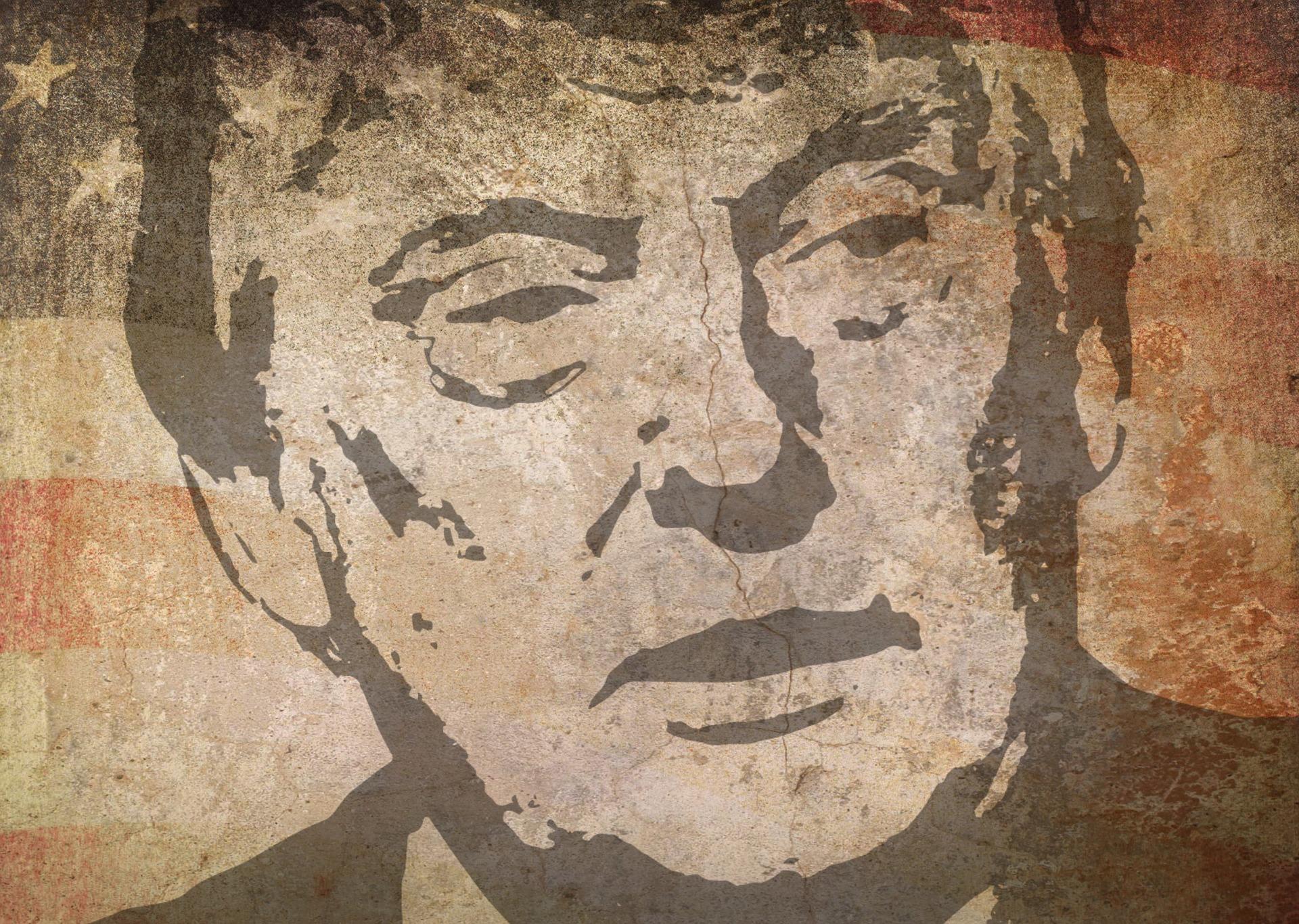
In a significant blow to President Donald Trump, a US federal court has ruled that the reciprocal and universal tariffs imposed by his administration were unconstitutional. The verdict, which came late last night from the Court of International Trade in Manhattan, challenges Trump's executive authority and may reshape the landscape of American trade policy moving forward.
The Court Ruling Explained
Two major lawsuits had been filed against Trump's tariff actions:
1. The Oregon Case – Led by 12 US states, this case argued that the tariffs were raising costs for government agencies and negatively impacting state budgets.
2. The Class Action Suit – Filed by smaller companies, including a wine importer called Voss, this case claimed the tariffs were damaging their businesses. Their central argument was that the power to impose tariffs lies with Congress, not the executive branch.
The Trump administration had invoked the 1977 International Emergency Economic Powers Act (IEEPA), claiming a state of economic emergency justified these unilateral tariff actions. However, the court ruled that no such emergency existed and that Trump had overstepped constitutional boundaries by bypassing Congress.
The court declared the tariffs "constitutionally void," stating that only Congress has the authority to implement trade tariffs.
What Happens Next?
Trump's legal team has already filed an appeal in the federal appellate court and could eventually take the matter to the US Supreme Court, where Republican-appointed judges hold a 6-3 majority. However, given the constitutional weight of the case—centered on the separation of powers and checks and balances—even conservative judges may hesitate to endorse Trump's actions.
Which Tariffs Are Affected?
The court's decision applies to:
Universal tariffs (10%) and reciprocal tariffs (ranging from 40% to 145%) imposed in response to other countries’ tariff actions, especially targeting China.
Drug-related tariffs, such as those imposed on fentanyl imports from Mexico, Canada, and China.
However, tariffs imposed under Section 232 and 301 of the 1962 Trade Expansion Act—such as the 25% duty on steel, aluminum, and automobiles—have not been overturned.
Impact on India and Other Countries
India has already begun to see the effects. A 10% tariff is currently being levied on Indian exports to the US, although a proposed 25% reciprocal tariff from the US has not yet taken effect.
Trade negotiations between India and the US are ongoing, and a US delegation is expected to visit India next week. However, any new trade deal will now require congressional approval, as presidential signatures alone will no longer suffice under this legal interpretation.
Elon Musk Steps Back from Politics
Adding to the shifting dynamics in US policy and governance, Elon Musk has officially distanced himself from the Trump administration and political involvement in general. Musk, who had previously contributed $400 million to Trump’s campaign and held a special government advisory role, cited growing disagreements with Trump's governance style and policy direction.
Musk’s decision was influenced by:
His disappointment with Trump’s new tax bill, which Musk openly criticized.The increasing challenges facing Tesla and SpaceX, particularly from aggressive competition in the Chinese EV market, such as BYD, which recently cut prices by 35%.Internal pressure from Tesla's board, which began discussing the need for a new CEO due to Musk’s political distractions.
Political Appointments in the US Judiciary
The US judicial system's political underpinnings were also highlighted in the discussion. Unlike India's collegium system where judges appoint judges, the US Supreme Court justices are appointed by the President, often along political lines. This system has led to a Republican-majority Supreme Court, potentially favoring Trump in future appeals—although legal experts caution that constitutional principles may outweigh partisan loyalty in such a high-profile case.
What Lies Ahead?
Trump's efforts to bypass Congress could face insurmountable resistance, both legally and legislatively. Even if he attempts to reintroduce tariffs through proper legislative channels, he lacks a strong majority in the House (221 vs. 213), and Senate support is even less certain due to powerful lobbying from industries affected by tariffs—especially those in trade-heavy northern states that depend on ties with Canada.
While Trump's influence remains strong among his base, legal and institutional checks on his power are increasingly evident. With more than 20 legal defeats already during his administration, the pressure continues to mount.
As for Musk, while his personal relationship with Trump remains intact, his exit from the political arena signals a shift toward focusing on business, especially as Tesla, Twitter (now X), and SpaceX face mounting challenges.




